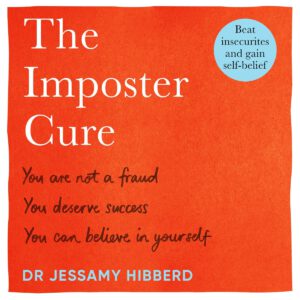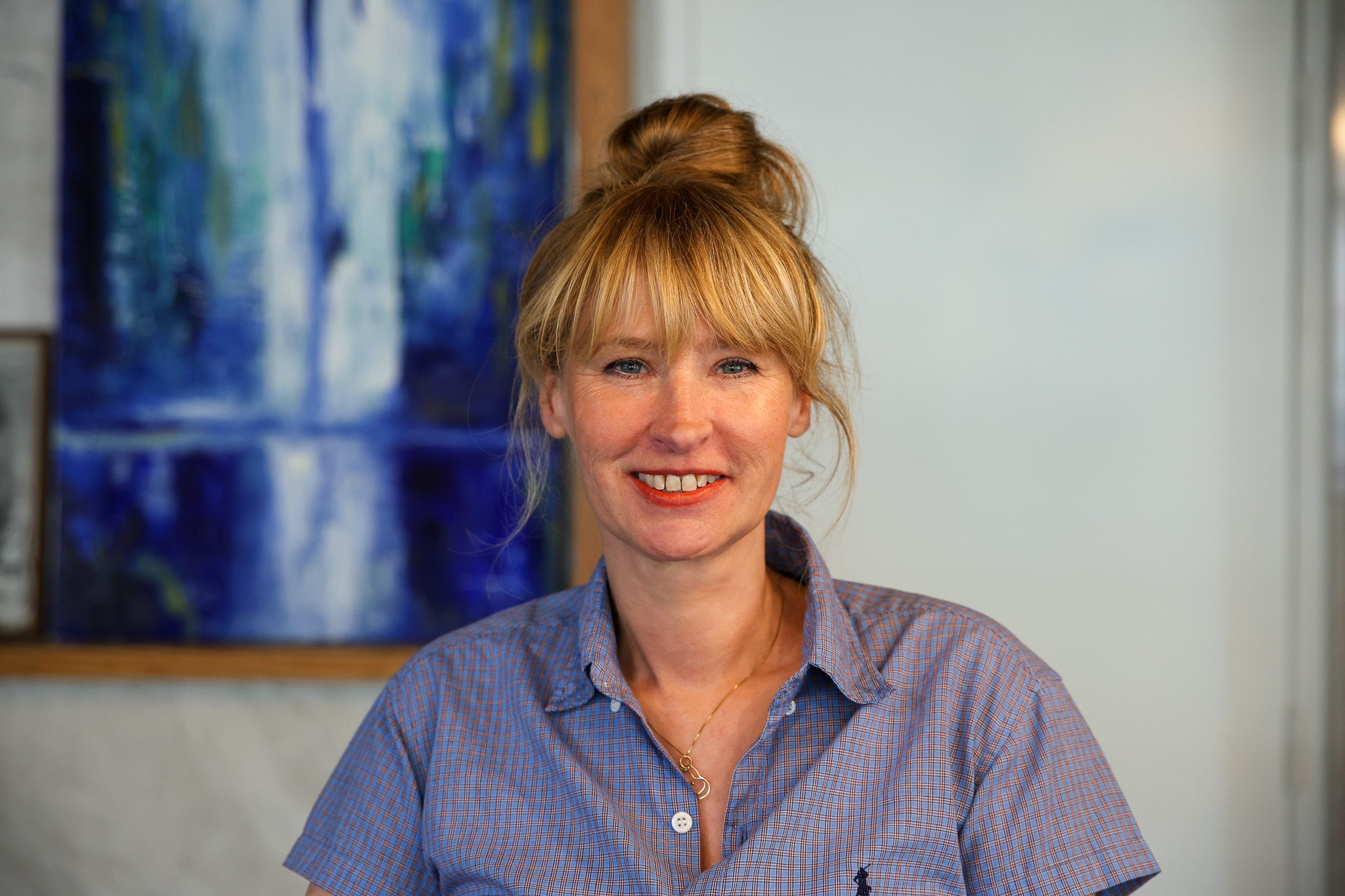Imposter syndrome: exhausting but not irreversible
 Lisa (not her real name) sits opposite me. She is smart, dedicated and ambitious. She has a master's degree and also now her third job, but wherever she works, she experiences stress, doubt and a sense of inadequacy.
Lisa (not her real name) sits opposite me. She is smart, dedicated and ambitious. She has a master's degree and also now her third job, but wherever she works, she experiences stress, doubt and a sense of inadequacy.
Lisa works overtime structurally. Not because her manager asks her to, but because she feels she has to compensate. Wanting to handle too much, always working overtime and still feeling like she is not doing well enough. And so she works overtime at night until very late. Very little is left of her social life. She wants to do everything perfectly. For colleagues, for clients, for the world. But meanwhile, she gets further and further away from what she herself wants or feels. And the bad thing is: with her, success rarely feels like its own merit; more like luck or a mistake.
Imposter syndrome
What Lisa experiences is recognisable to many, and it has a name: the imposter syndrome. It is about the deep-seated fear of falling through despite all that has already been achieved. People with this pattern often work extremely hard, avoid risks and do not take compliments seriously.
How does it work? That's where 'confirmation bias' comes in: you mostly see confirmation of what you already believe anyway. Criticism sticks, compliments don't come in. As is aptly said in The Imposter Cure (dr. Jessamy Hubbard)*:
"Think about how much mental time you spend on the good things.
And then think about how much time you spend on the things you are not satisfied with.
I don't need to hear your answer to know that you spend a lot more time on what you don't like."
"If you don't repeat the positive things in your mind or talk about them with others, they don't get a chance to stick.
As a result, you remain detached from your own performance."
And the consequence? A negative feedback loop which slowly depletes yourself and your energy.
How do you get out?
- Break the 'conformation bias'
Consciously dwell on your 'successes', even if they don't feel that way. Write them down. Reread them regularly. Share them. The power lies in repetition! And check with people you trust whether your self-image matches how they see you. - Internalise successes
Not everything is luck. You did it. Name that, out loud. Let positive feedback come in and stick. And dare to be proud of what you do, even if it feels uncomfortable.
Not thinking, "I was lucky."
Though thinking: 'I did this right - this is also who I am."
This is how you slowly build a more stable self-image that does not depend on external affirmation. - Recognise and break through your coping strategies
Overworking, avoidance, perfectionism, criticising yourself - these seem like solutions, but they actually perpetuate imposter syndrome. Ask yourself: is this behaviour or (critical) thought really helping me, or is it actually fuelling my insecurity? - Practice self-compassion
For a day, write down all the self-criticisms you say to yourself. Self-criticism paralyses. Compassion builds.
"See compassion as the cement of your new self-image."
Be lenient when something doesn't work out (completely). What would a good friend say to you? Say the same to yourself. - Live by your values
Many 'imposters' try to live up to what others expect. But: what do you want for yourself?
Lisa is no exception. Many educated, committed, sensitive people struggle with the same patterns. Imposter syndrome is not a character flaw - it is a misunderstanding of yourself. And you can change that.
Do you recognise yourself in this? You don't have to do it alone. Together, we can work towards a more honest, calm and realistic picture of who you are and what you are worth. Contact us for a free, no-obligation introductory talk.
*Hibberd, Jessamy (2019), The Imposter Cure, London: Octopus Publishing Group Ltd.
Request a free introductory meeting
Would you like to see if there’s a good fit? Request a free, no-obligation introductory meeting.
We will contact you within 24 hours to schedule an appointment.
Meet our coaches
Janique Wienk
Career and life coach/psychologist
Sandra Meijer
Career, Stress and Life coach/psychologist
Wendy van de Kragt
Personal leadership and Stress coach/psychologist
Jeannette Hakman
Personal leadership, Stress and Career coach/psychologist





